|
It’s incredibly common for recent public health graduates or professional consultants from high-income countries to jet into a low- or middle-income country to offer “technical assistance”. This, despite the fact that they may know little about the countries they are advising or the problems they are trying to fix. In some ways, writes Madhukar Pai, the problem of consulting malpractice is merely one facet of a larger issue of how global
health, even today, is still colonial in many ways. He suggests some different approaches.
The South African government says it’s hit on the best way to repair failures in the country’s public and private healthcare systems: by introducing a National Health Insurance Fund (NHI). Alex van den Heever argues that this plan will do little to repair systemic problems in public healthcare, nor to tackle market failures in the private health sector.
|
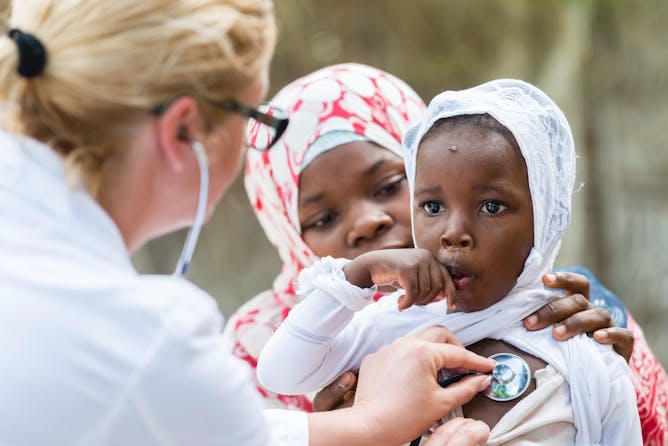
High income country trainees and experts must learn to listen and be humble.
Shutterstock
Madhukar Pai, McGill University
High-income country experts and institutions are valued more than expertise in low- and middle-income countries.
|

South Africa has a skewed healthcare system with an under-funded public sector and an expensive private sector.
Shutterstock
Alex van den Heever, University of the Witwatersrand
South Africa's planned NHI has no equivalent in any setting in the world. It's deeply flawed on a number of fronts.
|
Politics + Society
|
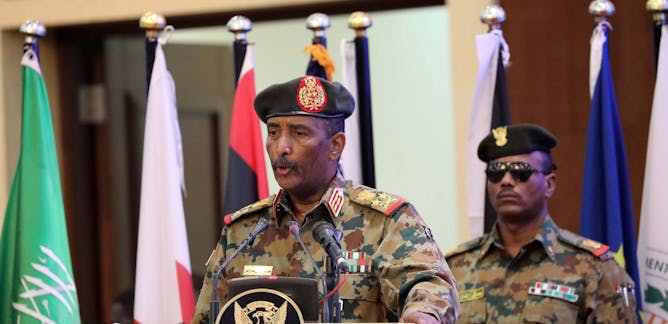
Femi Amao, University of Sussex
The African Union's role in Sudan's political crisis proves that it's legal framework is strong enough to resolve regional disputes
| |
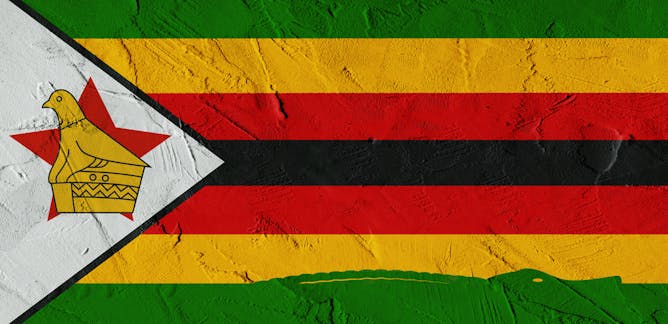
Brian Raftopoulos, University of the Free State
The Mnangagwa regime's coercive acts are a continuation of the violence and brutality of the Mugabe era, while he seeks global re-engagement and selective national dialogue.
|
|
|
Environment + Energy
|
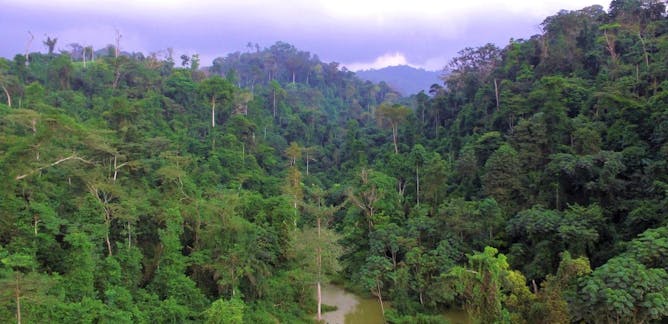
Alfred Oteng-Yeboah, University of Ghana
Ghana's quest to fill a significant infrastructure deficit has led to a barter deal with China that threatens one of West Africa's most important environmental spaces.
| |
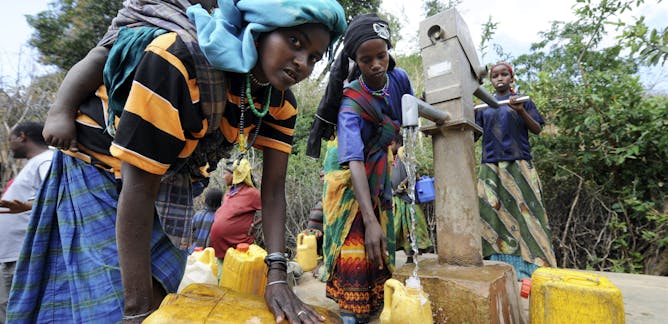
Meron Teferi Taye, Addis Ababa University; Ellen Dyer, University of Oxford
Parts of Ethiopia will likely be hotter, drier, and more water stressed - with consequences for human and economic development.
|
|
|
Podcasts
|
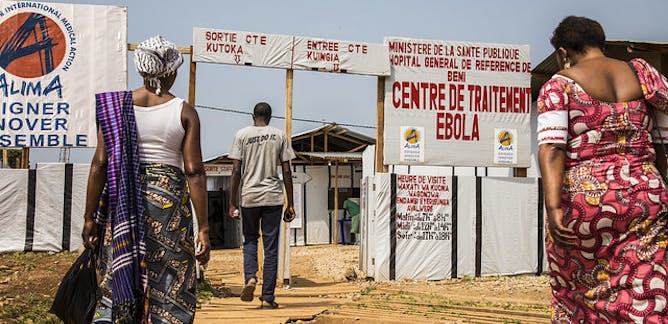
Ozayr Patel, The Conversation
The Ebola vaccine alone is not enough to deal with the outbreak in the DRC.
| |

Ozayr Patel, The Conversation
The current Ebola outbreak in the DRC is incredibly difficult to manage.
|
|
|